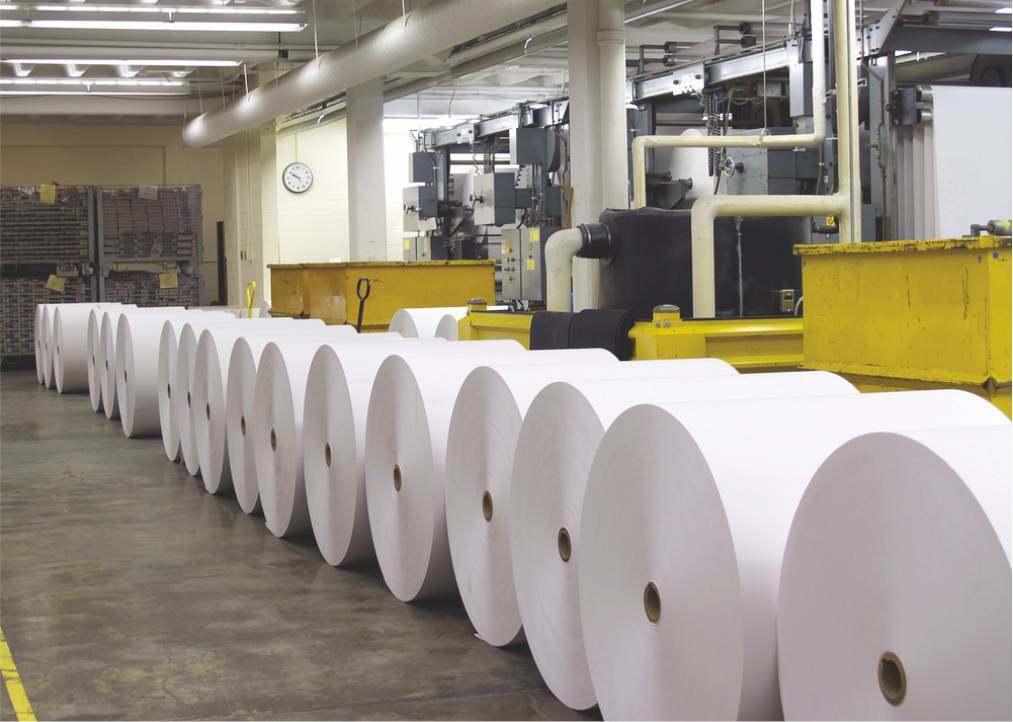“The project cost will be met through a mix of debt and equity. We will borrow INR 880 crore from banks and the rest will be funded by internal accruals,” said Sivashanmugaraja.
September 21, 2019

Tamil Nadu Newsprint and Papers Ltd (TNPL) has earmarked an outlay of INR 2520 crore for various expansion plans. This include mill expansion plan in Unit II to produce 1.65 lakh tonnes of paper per annum by installing a paper machine of 400 tonnes per day chemical hardwood pulp mill with chemical recovery boiler; augmentation of captive power plant and waste water treatment plant.
With the implementation of the expansion plan, the overall paper and packaging board production in Unit I and Unit II annually will increase to 7.65 lakh tonnes from the 6 lakh tonnes along with pulping facilities, said N Muruganandam, Chairman, TNPL, at the company’s 39th Annual General Meeting. Being Tamil Nadu’s industry secretary, Muruganandam holds the post of the company’s Chairman.
On the future outlook, Muruganandam said that the increasing trend in e-commerce sector will usher higher packaging boards for delivery purpose. Also, due to ban on one time use plastic bags, food delivery applications have started using packaging paper boards for delivery purpose, which could lead to higher demand for these grades. With the consistent economic growth, demand for packaging paper will show improvement in the coming months.
The market for packaging board is the fastest growing segment in the paper industry with 10-12 per cent annually. Grey-back board accounts for 45 per cent; white-back and other high end varieties account for the balance 55 per cent. Continuous year-on-year increase in zero duty imports of paper and packaging board under Free Trade Agreements, shortage of raw materials, rise in pulpwood prices, poor waste paper collection mechanism are some of the major areas of concern faced by the paper industry on a continuous basis, he said.
Mr. Muruganandam also stated that the Indian paper industry has to manage the challenges through rising pulpwood plantation, increasing waste paper collection mechanism and implementing effective and efficient cost control measures to compete with the imports under Zero duty.
The domestic paper sector is likely to see a marginal improvement in the demand from education and corporate sector aided by expected higher GDP growth. The per capital paper consumption is estimated to be 13 kg. The demand that picked up during 2018-19 appear to continue due to increase in literacy rate and increase in enrolment in education, which could lead to higher demand for paper, he said.



